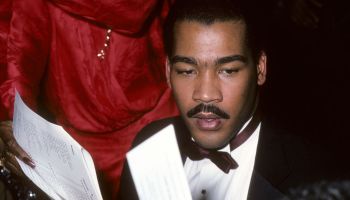There is a common misconception among Americans that Abraham Lincoln freed the slaves with a stroke of his pen. Yet the Emancipation Proclamation, which went into effect on Jan. 1, 1863, did no such thing — or, at least, it didn’t do a very good job of it. Two and a half years later, on June 19, 1865, Union soldiers sailed into Galveston, Texas, announced the end of the Civil War, and read aloud a general order freeing the quarter-million slaves residing in the state. It’s likely that none of them had any idea that they had actually been freed more than two years before. It was truly a day of mass emancipation. It has become known as Juneteenth.
Juneteenth, celebrated on June 19, is the name given to emancipation day by African-Americans in Texas. On that day in 1865 Union Major-General Gordon Granger read General Orders, No.3 to the people of Galveston. It stated,
“The people of Texas are informed that, in accordance with a proclamation from the Executive of the United States, all slaves are free. This involves an absolute equality of personal rights and rights of property between former masters and slaves, and the connection heretofore existing between them becomes that between employer and hired labor. The freedmen are advised to remain quietly at their present homes and work for wages. They are informed that they will not be allowed to collect at military posts and that they will not be supported in idleness either there or elsewhere.”
Juneteenth, which is traditionally celebrated on the third Saturday in June, began taking root across the country largely because of enthusiastic black “Texpats” like Mr. Kings, a retired Army medical administrator who spent 11 years stationed at Fort Hood, Tex. After buying a car repair business in Portland, he held a Juneteenth picnic the very first year.
“Even the black people here didn’t know about Juneteenth,” Mr. Kings said. “Now the white ladies come by on the first of June and start asking: `When’s Juneteenth?’ ”
With its lighthearted name and tragicomic origins, Juneteenth appeals to many Americans by celebrating the end of slavery without dwelling on its legacy. Juneteenth, its celebrators say, is Martin Luther King’s Birthday without the grieving.
“When I think of Martin, I can’t help but see the dogs and the sticks and the little girls in the church,” said Paul Herring, who has organized Juneteenth celebrations in Flint, Mich., for 10 years. “But when I think of Juneteenth, I see an old codger kicking up his heels and running down the road to tell everyone the happy news.”













